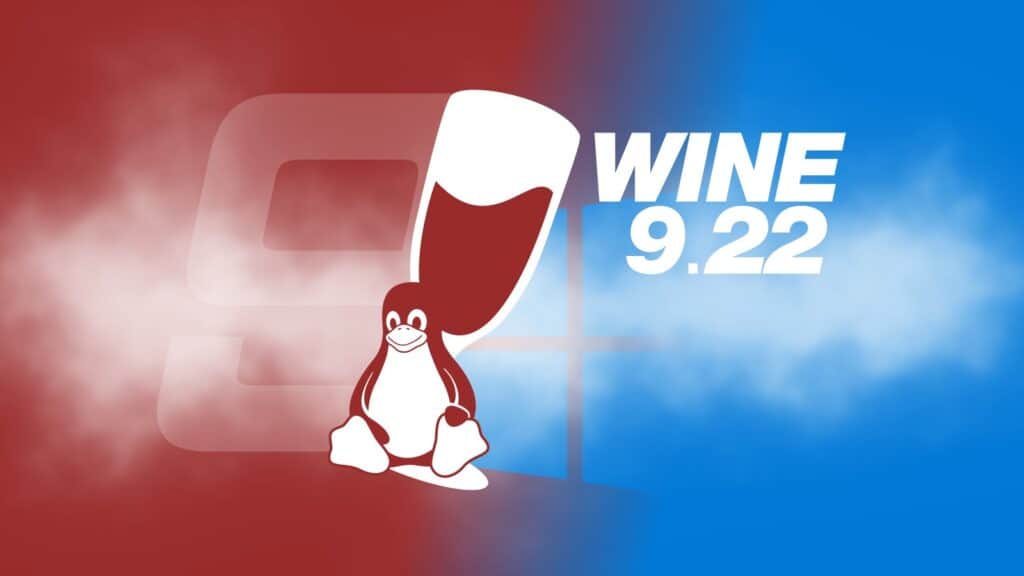The Wine Project, a compatibility layer renowned for enabling Linux and macOS users to run Windows applications, has officially released version 9.22 with a range of new features and improvements.
One of the major highlights is its support for display mode virtualization. Essentially, this feature makes handling multiple display configurations far more flexible, which is particularly valuable for those running games or applications across different screens or resolutions.
It’s one of those under-the-hood enhancements that users might not notice immediately but that significantly improve overall usability and seamlessness.
Wine 9.22 also comes with an updated locale dataset, now aligned with Unicode CLDR 46. This means improved localization support for a broader range of languages and regions, making it easier for developers and users worldwide to have a consistent experience with their applications.
Another noteworthy enhancement is the added support for network sessions in DirectPlay. This is a welcome update for anyone running older multiplayer games designed with DirectPlay, as it should help bridge gaps in network compatibility that have been an ongoing issue for some legacy titles.
Perhaps the most exciting change for many Linux users is enabling the Wayland driver by default. With Wayland gaining traction as the modern replacement for X11, this move signifies a solid step towards ensuring that applications run smoothly in Wayland environments without additional configuration.
As always, Wine 9.22 tackles various bugs (15 in total) from previous versions, improving its overall stability and compatibility.
For more information, visit the announcement. Wine 9.22’s source code can be downloaded from GitLab’s project page for those interested in trying out or upgrading their current installation. The binary packages for various distributions are expected to be available shortly.
